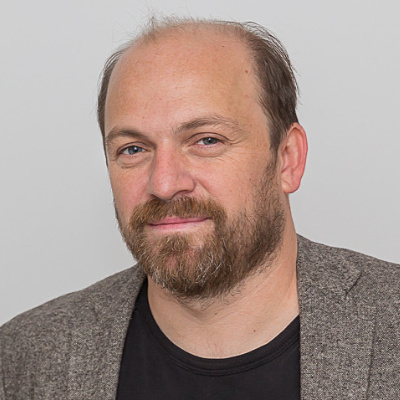The No-COVID Strategy
In June/July of last year, Germany and many other European countries had reached a situation of low
incidence after successfully bending the curves of the first surges of Covid-19.
Restrictions were lifted progressively, and international travel was allowed again. When the numbers
started to rise, first slowly, and then rapidly,
non-pharmaceutical interventions were imposed late and reluctantly.
The lack of both a structured exit strategy and a detailed plan for outbreak management steered many of
the countries into difficult epidemiological situations and the next
round of lockdowns.
The No-COVID Strategy aims at a safe and sustainable re-opening of societies and economies. It suggests pursuing the No-COVID goal,
and, once this goal has been reached, applying the Green Zone Strategy to protect it.
Several countries have successfully implemented this approach,
thereby making it possible for their populations to return to a nearly normal life.
For the Federal Republic of Germany and other European countries, too, this path is feasible and desirable
— in terms of health, economy, and society.
No Infections
The number of infections is reduced to near zero.
No Transmissions
Transmissions and reintroductions of the virus into green zones are avoided through mobility restrictions, tests and quarantines.
No Negligence
If new cases occur, outbreaks are managed rigorously.
Authors
Scientists from different fields working on the No-COVID strategy
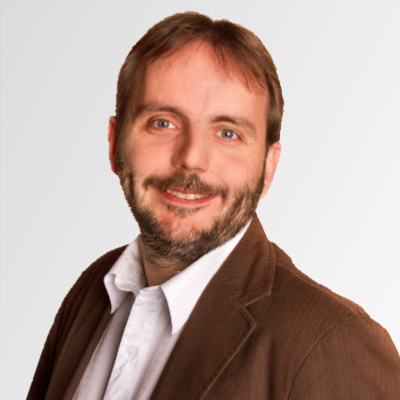
Prof. Dr. Menno Baumann
Education, Fliedner University of Applied Sciences, Düsseldorf
Dr. Markus Beier
Medicine, general practitioner, chairman of the Bavarian General Practitioner Association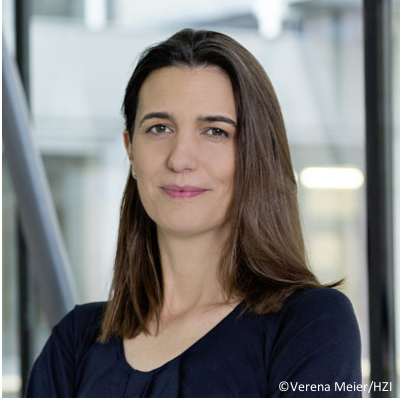
Prof. Dr. Melanie Brinkmann
Virology, Helmholtz Center for Infection Research Braunschweig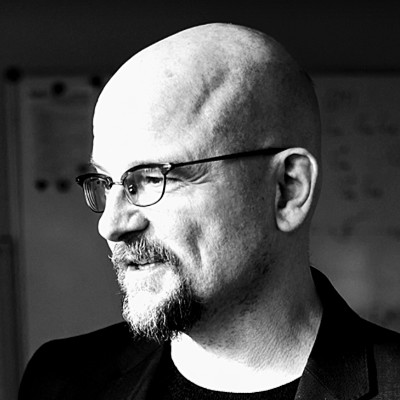
Prof. Dr. Dirk Brockmann
Physics, Institute of Biology, Humboldt University of Berlin
Prof. Dr. Heinz Bude
Sociology, University of Kassel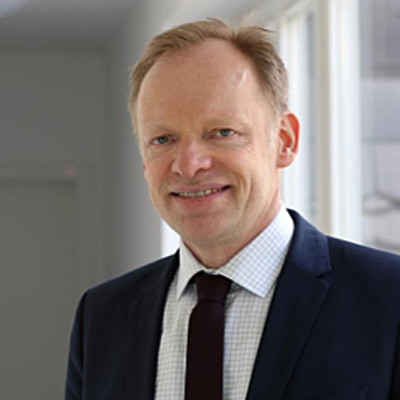
Prof. Dr. Dr. h.c. Clemens Fuest
Economics, Ifo Institute and LMU Munich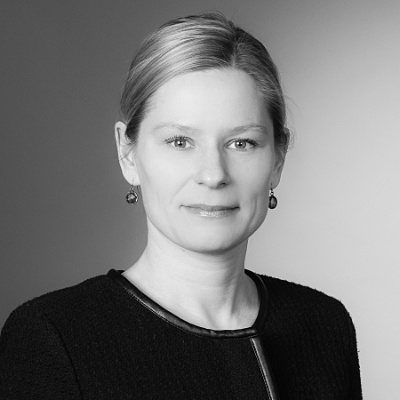
Ass. Jur. Denise Feldner, M.B.L.
Law, Technology Law, Crowdhelix / KU Leuven Germany
Prof. Dr. Michael Hallek
Medicine, Internist, Clinic I for Internal Medicine, University of Cologne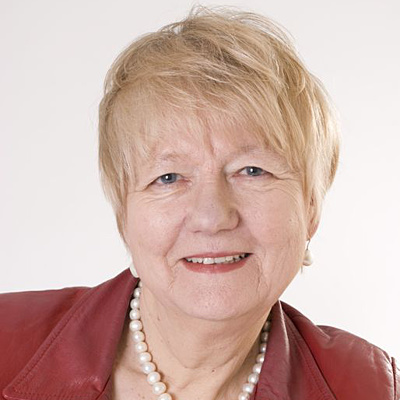
Prof. Dr. Dr. h.c. Ilona Kickbusch
Global Public Health, Graduate Institute Geneva, WHO consultant, GPMB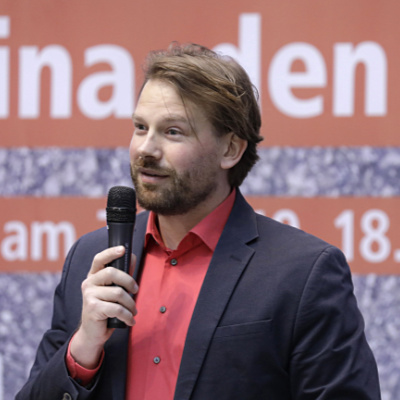
Prof. Dr. Maximilian Mayer
Political Science, Asia, CASSIS, University of Bonn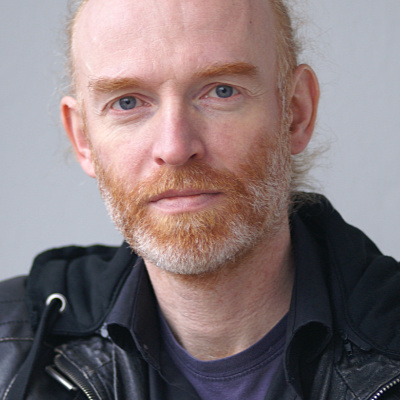
Prof. Dr. Michael Meyer-Hermann
Physics, Helmholtz Center for Infection Research Braunschweig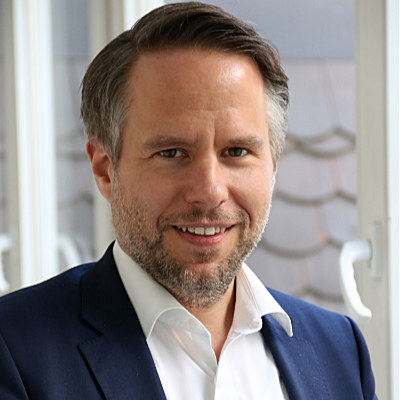
Prof. Dr. Andreas Peichl
Economics, Ifo Institute and LMU Munich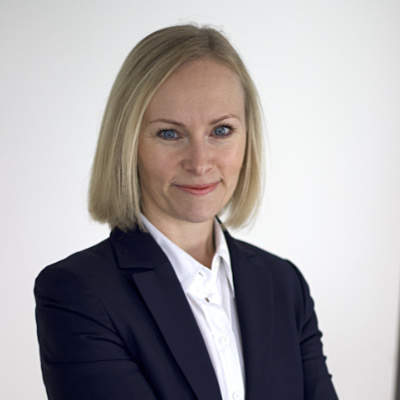
Prof. Dr. Elvira Rosert
Political Science, Universtität Hamburg / Institute for Peace Research and Security Policy, IFSH